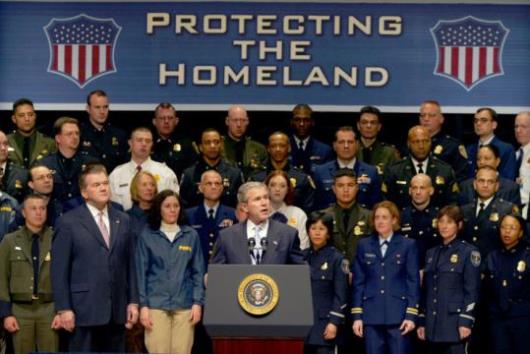Who handles secret information better, federal programs or private enterprise?
In response to the information leaks of Booz Allen Hamilton contractor Edward Snowden, Sen. Dianne Feinstein (D-Calif.) is pushing for a limit on private contractors’ access to classified information in an effort to prevent similar scandals.
If such a limit were implemented earlier, could it have prevented the National Security Agency scandal?
Since the 9/11 attacks, the Department of Defense (of which NSA is a part) has been in a hurry to hire people with advanced computer skills to help monitor suspicious online activity and strengthen cyber security within its branches. The department’s expansion was so large and so sudden that it’s had a difficult time finding enough highly trained people who can also pass rigorous, expensive background checks. The Department of Defense and Homeland Security Agency teamed up to strengthen our defense against cyber attacks.
Expansions like this accelerated recently, following reports of Chinese programs hacking U.S. government and press organizations. Some experts have said that the skills required to fight cybercrime (i.e., the ability to “think like a hacker”) are actively sought by employers in this realm. It’s not hard to see how such recruitment practices could lead to innovation as well as trouble.
Sen. Richard Durbin (D-Ill.) recently lambasted the high pay of contractor employees within the Department of Defense, which has a workforce composed of about 22 percent contractors. Durbin claimed that far too many private contract employees receive significantly higher wages than the average civilian employee performing similar tasks. His point was that the government shouldn’t give so much money to people like Snowden, who are allowed access to secret information without being monitored directly by government programs. But Durbin’s argument could be flipped against him: Wouldn’t a bigger paycheck incentivize private contractors to act more ethically in order to keep their jobs?
Booz Allen Hamilton, though technically independent of the government, shares a close relationship that goes back a long way. One prominent example: Director of National Intelligence James Clapper once worked as an executive for Booz Hamilton—and Booz Hamilton’s current vice chairman, Mike McConnell, used to hold Clapper’s position under George W. Bush.
The practice of hiring private contractors to fulfill the needs of government programs has been increasing over the past 25 years, and some say these contractors and the government are dependent on each other. The claim that contractors aren’t as ethically committed to the country as are federal employees falls short in the case of Snowden: He wanted desperately to join the Army but was injured in training. He even worked for the CIA before his short stint at Booz Allen.
Could a decreased private contractor workforce have prevented the NSA leak? It’s hard to say. Perhaps, looking back, it could have prevented this particular data leak. But such security breaches occur in the private sector as well. After all, the most controversial information drop in history may have been that of U.S. Army Soldier Bradley Manning. Though, to require certain employees who receive security clearances to obtain some sort of Homeland Security BA online degree shouldn’t be out of the question either.

